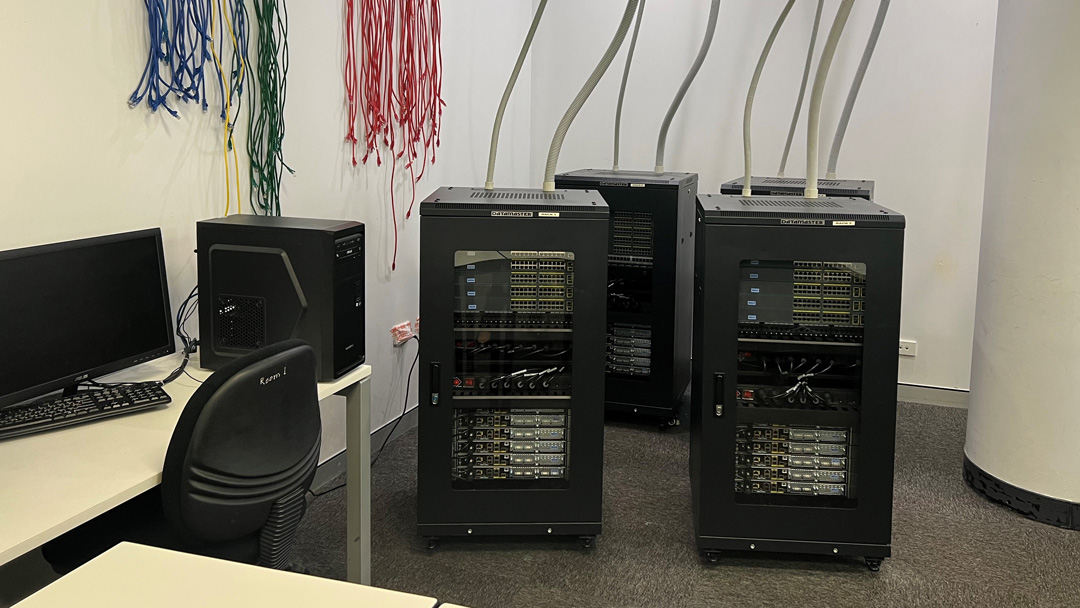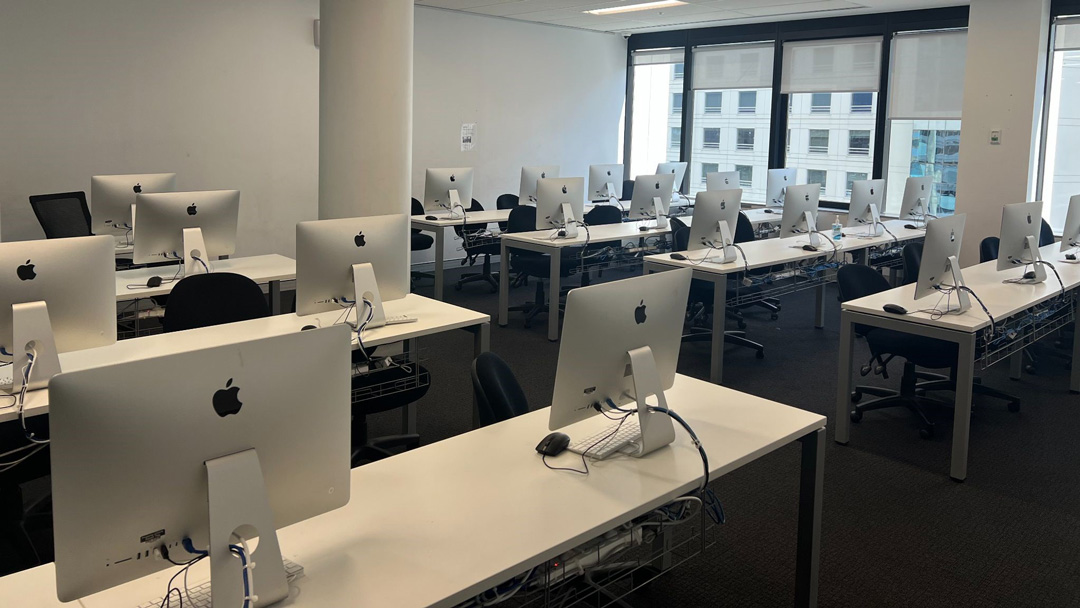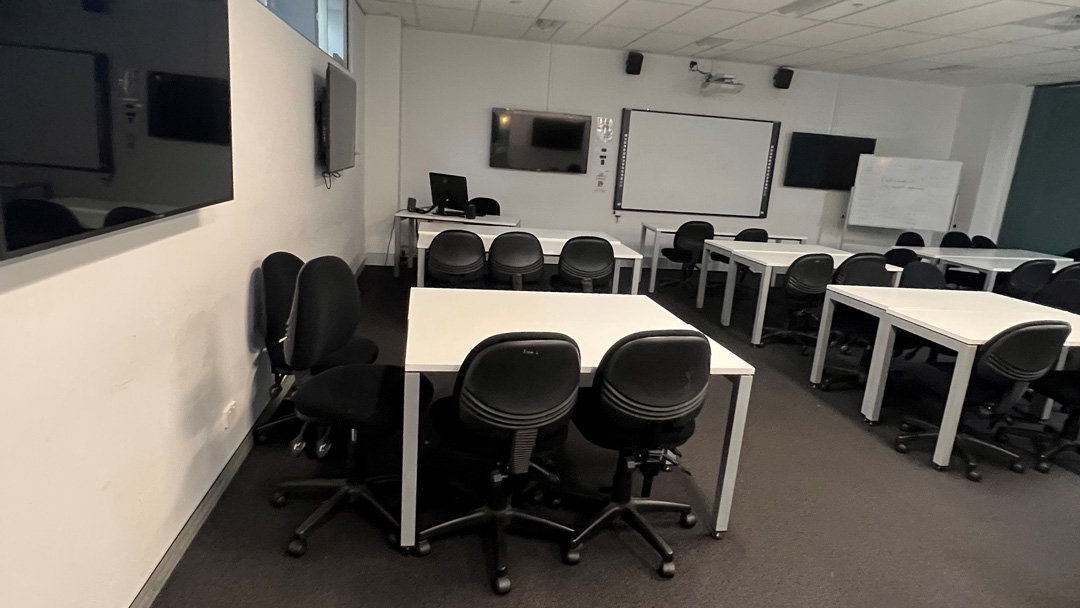The Bachelor of Information Technology at Victoria University Sydney is a three-year course with a personalised learning experience. We focus on areas with high job demand such as web/mobile app development and ICT management.
Our learning facilities include the latest technology such as CISCO routers and switches, Amazon cloud servers and virtualisation (Hyper-V) infrastructure.
All students undertake the same first-year subjects, followed by major studies (eight units) in years two and three. Choose from:
Students will also study 4 Graduating Core units, and undertake minor studies (four units) in one of the following:
These are subject to the approval of the course coordinator and may be limited by prerequisite requirements and unit availability.
We are proud that VU Sydney uses the innovative VU Block Model® across all our undergraduate courses.








